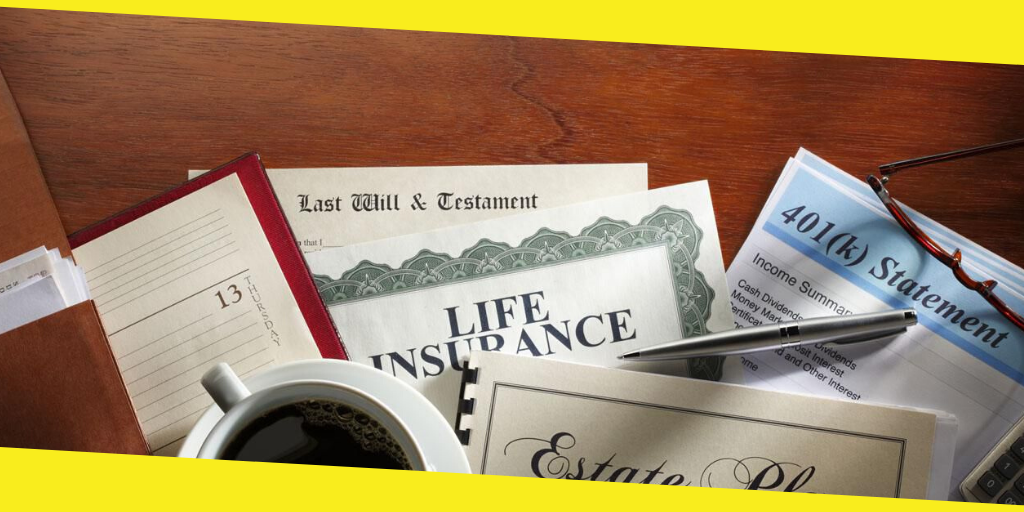
When a person passes away, their possessions can be taxed at the state and federal level. Even if they give their possessions away to their children or other relatives, there could be inheritance taxes involved. It is important individuals fully understand how their possessions are taxed upon their death so they will be able to take the necessary steps to ensure the tax implications are limited as much as possible.
How are Your Possessions Taxed at Death?
There are two main types of taxes that can be assessed against the property a person leaves behind at death. Knowing the differences between the two is essential for everyone that is planning their will. You can learn more by contacting nctaxtrustsestates.com.
When you leave behind property after death, an estate tax may be applied to your property at both the state and federal level. Each state has its own thresholds and exemptions so the entire value of the property will likely not be taxed. Since 2018, the federal estate tax exemption is $11.18 million.
There is also an inheritance tax that is imposed by some states. The federal government does not impose an inheritance tax, but Nebraska, Pennsylvania, Maryland, Iowa, Kentucky, and New Jersey do.
Is It Possible to Avoid Taxation?
There are a few ways you may be able to avoid taxation on your property after passing away. Take the following into consideration before taking any further steps.
- Estate planning is a beneficial way that can help to reduce or even eliminate any death taxes that may be owed. Estate planning can help you set up a trust that allows you to leave money to your heirs without tax implications.
- Of course, you could spend all your assets before death. This is a sure way to avoid paying taxes because there is nothing to tax. This is not the wisest of methods, but people certainly do it all the time.
- If you are living in one of the states that tax inheritance, it may be best to move. Moving to a state that does not impose an inheritance task will mean more money for your heirs.
Why Is Estate Planning So Important?
Many people do not realize the importance of estate planning and drawing up a will. Dying without estate planning in place could mean disaster for your family.
Going through this process is important if you own any property at all and is especially essential if you have a spouse or children. Without a will in place, the state decides how your assets are split. Most people do not want anyone else deciding how their assets will be divided after they are gone.
Conclusion
Many people mistakenly believe estate planning is reserved for the wealthy, but this simply is not true. If you own any property at all, estate planning is important. Being able to make vital decisions on how you want your estate divided at death puts you in control.
Working with the professionals is essential for proper estate planning so the process proceeds as smoothly as possible and your assets are not taxed any more than necessary. An attorney will be able to help you through every step involved in estate planning and will advise you on methods that can be used legally to help ensure taxation is not a problem for your heirs.